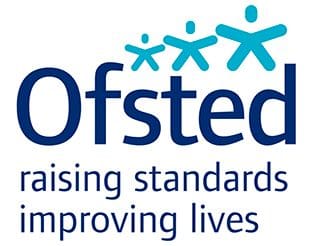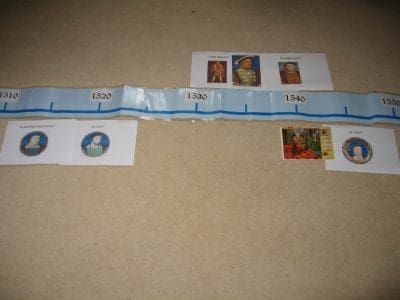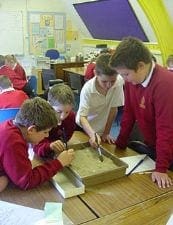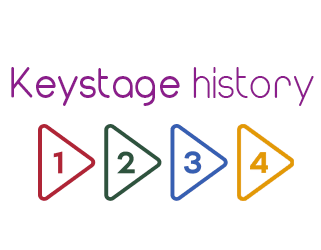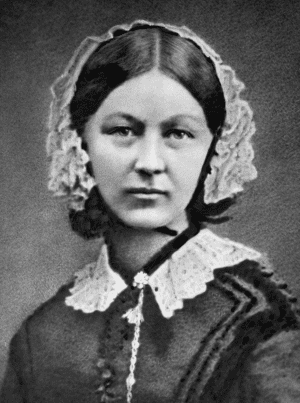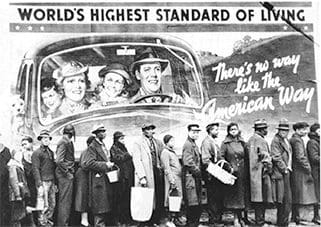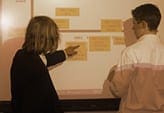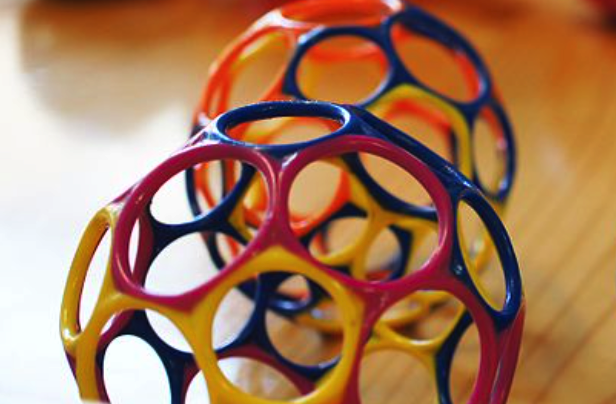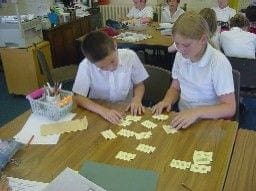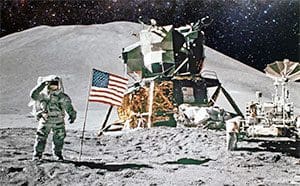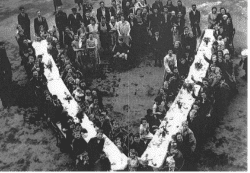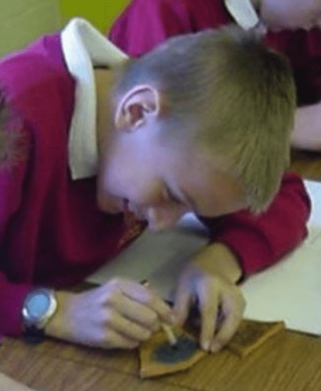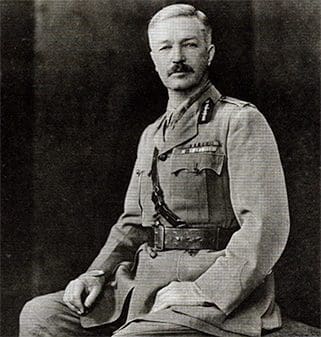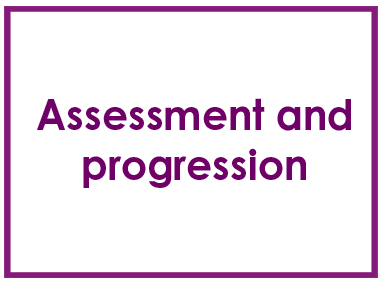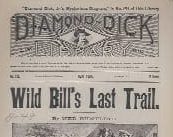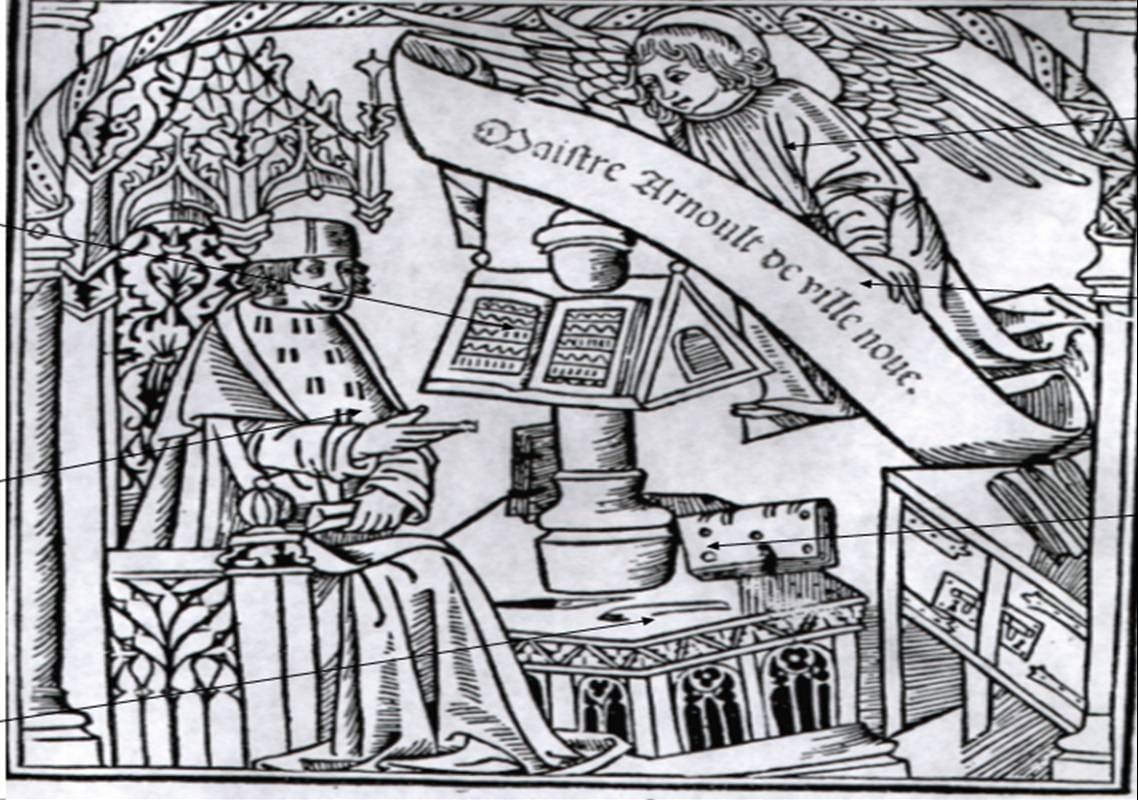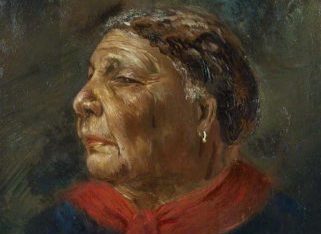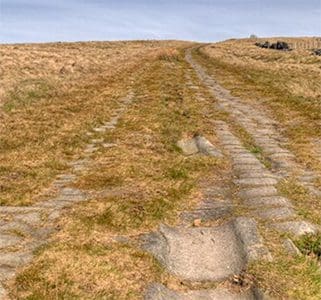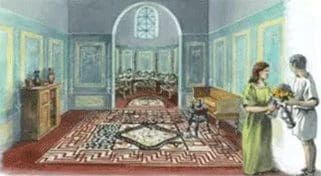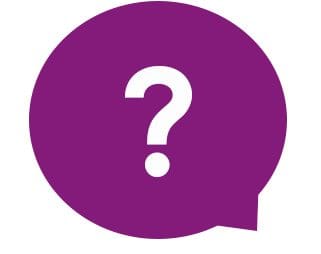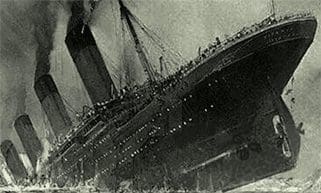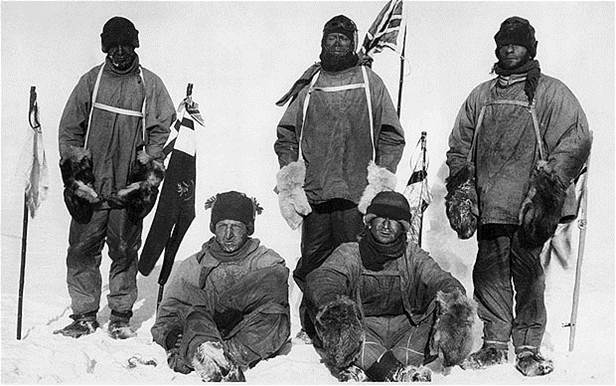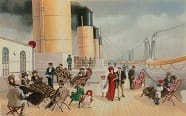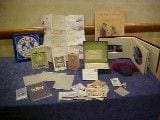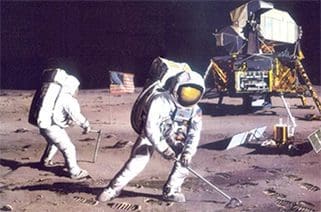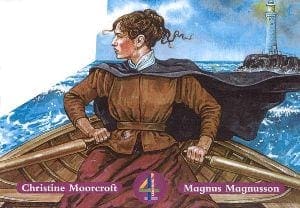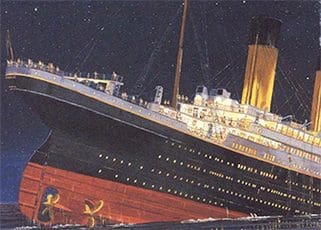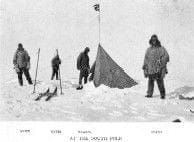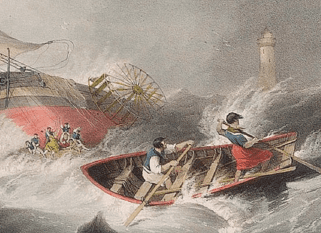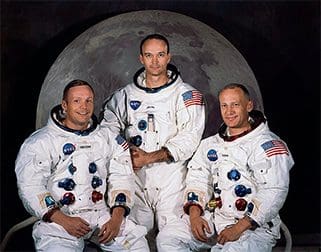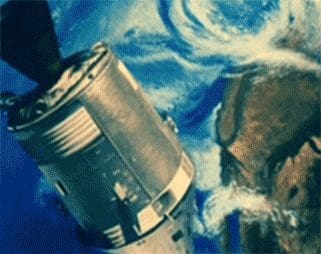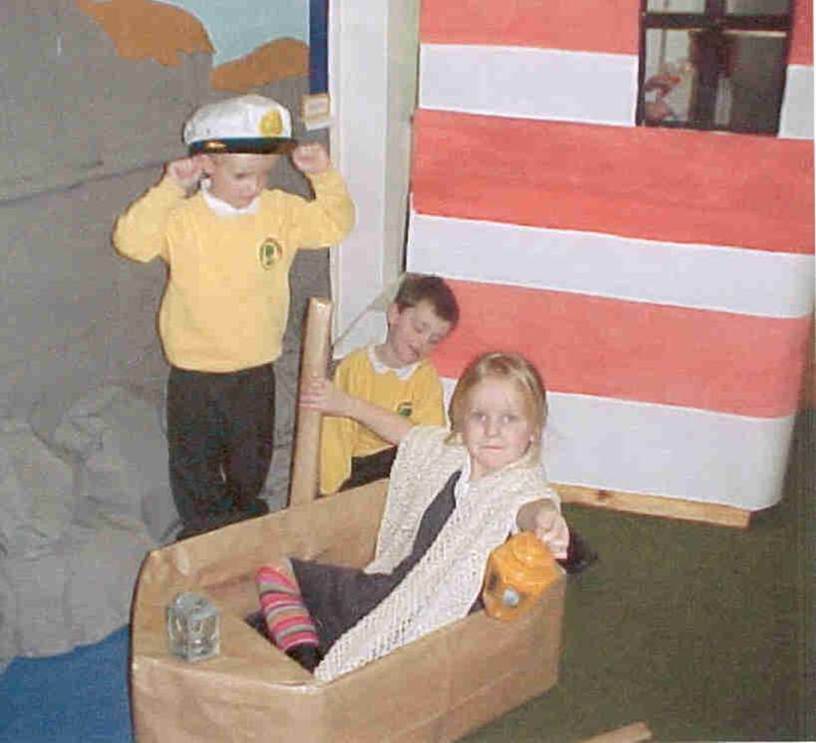Keystage history
10 questions which we should ask when planning historical enquiries at KS2
Subscribers only: You must be logged in to view this content in full. Please Login or register
Read MoreProgression in historical interpretations at Key Stage 2 – How the past is represented and interpreted in different ways, and to give reasons for this
Beginning of Key Stage Children can identify differences between versions of the same event e.g. the video gives a different…
Read MoreWhat are deep dive OFSTED reports saying about history within the EIF 2019 Framework
I thought I would publish all the OFSTED deep dive reports I can find which illuminate what schools should be…
Read MoreWhat inspectors report on in deep dive history inspections: a recent example with my commentary from 2020
What the inspectors said Commentary Pupils in your school thoroughly enjoy learning history. They like the enquiry-based approach you…
Read MoreMeeting OFSTED’s criteria for a good history curriculum at KS1 and 2 during extended transition period
Now that schools have an extra year’s grace from OFSTED to refine their curriculum that is being worked on, it…
Read MoreUsing timelines in history at Key Stage 2
Timelines in school may be individual timelines or made collaboratively with different groups working on separate theme within a study…
Read MoreThinking historically: ‘learning to’..as well as ‘learning about’
While so many of you are locked down, it seems a good time to remind you of the key features…
Read MoreImproving history in your primary school: a short cameo of a success story
So what does effective leadership of primary history look like? A case study When Lara took over as history subject…
Read MoreFlorence Nightingale and her legacy – 200 years since her birth, on 12 May 1820
Historians have praised Florence Nightingale on the 200th anniversary of her birth, and said her legacy has “never been more…
Read MoreUsing quadrants to answers exam questions at GCSE and A level
Sometimes the simplest ideas are the best. Faced with an exam question such as How far do you agree with…
Read MoreGCSE history: Answering the question set , not the one they would prefer to answer.
Many of you teaching GCSE will be familiar with the issue. Your students answer the question they think the examiner…
Read MoreTeaching Toys to Key Stage 1
Toys is an obvious topic to select for infants. Not only is it appealing , at least initially, it is…
Read MoreKS1 Medium term planner: Toys through time (Term 1 or 2 of Y1)
This is one of the earliest topics to be taught at EYFS/KS1 following on from Myself. As we know this…
Read MoreHistorical Association survey of secondary history provision 2019- few surprises and some disappointing statistics
Last week saw the publication of the annual survey into secondary history produced by the Historical Association. Obviously reflecting the…
Read MoreToys – KQ1 – What are our toys like today?
Because the topic is aimed at children beginning key stage 1, it is a good idea to spend more time…
Read MoreKey ideas in primary history
When we are teaching 11 subjects it is often difficult to catch the essence of each. If we’re not careful…
Read MoreToys – KQ2 – What are other people’s toys like?
This session comprises two very simple tasks: matching objects to the young children who would usually play with them, followed…
Read MoreGreat learning activity: Prove it! See examples for Scott of the Antarctic, Man on the Moon, Tudor theatre, Grace Darling, Louis Braille
One of the most effective learning activities which you will find in a small number of the outstanding lessons is…
Read MoreRemembering VE Day
In these difficult times when schools are not in session it will not be possible to commemorate the ending of…
Read MoreCreating your own timelines at KS2: one school’s recent find.
Charley Chanter of HertfordHeath primary school has just brought this Timeline making package to my attention He wrote:.I have been…
Read MoreRotten apple or …. How should we portray Dyer’s motivation in the Amritsar massacre?
This enquiry asks students to look critically at the depiction of the massacre in the film Gandhi as a way…
Read MoreAt last a way forward with KS2 assessment for history that will work for my school
Even though we will have had the National Curriculum for history ( albeit in different guises) for nearly 30 years,…
Read MoreHow to assess pupils’ progress in KS2 history. At last the answer that not only works but will work for you too.
Even though we will have had the National Curriculum for history ( albeit in different guises) for nearly 30 years,…
Read MoreTeaching American West at Key Stage 4
Schools have been teaching the American West as part of the SHP course for over 30 years. I introduced it…
Read MoreTeaching the History of Medicine
As you all know, the trick with teaching this course is to marry a strong contextual knowledge with an understanding…
Read MoreWe learn by being excited not by being told; abiding principle of Keystage history
I get a lot of enquiries about Keystage history, largely from teachers who want to know what to expect from…
Read MoreAre you teaching the right things about Mary Seacole to your children? 10 things to be sure to teach
Are you teaching the right things about Mary Seacole to your children? 10 things to be sure to teach: 1….
Read MoreMore thoughts on primary history OFSTED deep dives
Recently Matthew Purves, the Deputy Director for Schools, set out OFSTED latest thinking on deep dives in primary schools. He…
Read MoreKS1 Medium term planner: The sinking of the Titanic Y2
This topic provides an exciting addition to the usual famous events taught at KS1. Not only is there a clear,…
Read MoreDid you know there were over 1000 Roman sites in England and Wales?
The numerous discoveries of Roman finds, often by private metal detectors, have revealed more than 1,000 Roman sites in England…
Read MoreTeaching about Roman villas at KS2- some new finds in Gloucestershire. Should the housing development now go ahead – arguments for and against?
Those of you teaching about Roman villas at KS2, maybe even using the outstanding lesson on this website, Is this…
Read MoreOFSTED using frighteningly slender evidence to judge history at KS1 and 2
According to today’s Guradian report an eight-year-old boy was meeting the Ofsted inspector for the first time. “What do you remember…
Read MoreWhat is history? – Key stage 2
In the classrooms of some non-specialist Key Stage 2 teachers, history is still presented as the story of the past….
Read MoreWhat would OFSTED say about history in your school? What needs to improve? A sample recent report gives an insight
After identifying a number of positive features of the history curriculum and history teaching the OFSTED inspector carrying out a…
Read MoreDon’t led OFSTED’s unrealistic expectations of you grind you down until they’ve given you the detailed training guidance help you need and deserve.
So you didn’t study history yourself beyond the age of 14, you have been leading the subject for just two…
Read MoreTitanic – KQ1 – Launching the Titanic enquiry, drawing on pupils’ prior knowledge
What do we already know about the Titanic and what can we work out from a picture? This lesson’s activities…
Read MoreTeaching Scott of the Antarctic to Key Stage 1
Those of you who are thinking that this choice of famous person seems to presage a return to an Our Island…
Read MoreKS1 Medium Term Planner – Man’s First Moon Landing Y2
The current history curriculum at KS1 asks schools to provide a little more coherence in their choice of famous people…
Read MoreTitanic – KQ2 – What was so special about life on the Titanic?
What was so special about life on board the Titanic? and was it the same for everyone? In this enquiry…
Read MoreTitanic – KQ3 – How could the unsinkable Titanic sink?
This Y2 lesson takes pupils understanding beyond that of knowing what happened to the Titanic to work out why it…
Read MoreMoon Landing – KQ1 – Has man ever been to the moon and how can we know for sure?
Varied introduction to the Moon Landing topic with pupils actively involved in sequencing, speculating and then the killer activity called…
Read MoreKS1 History Planner for Scott of the Antarctic topic
Medium term planning and planner for Scott of the Antarctic KS1 This topic has been designed for Term 3 of…
Read MoreGrace Darling – KQ1 – Setting up the enquiry – What did Grace do that made her famous …and why is she remembered today?
This is the first lesson on an enquiry into Grace Darling: what she did, and why she was famous. The…
Read MoreTitanic – KQ4 – How should we film the sinking of the Titanic?
Stephen Spielberg has asked for a historically accurate poster for a new film he is planning on the sinking of…
Read MoreScott of the Antarctic – KQ1 – Who on earth is this famous person?
This fun first lesson on Scott of the Antarctic using the slow reveal technique of an iconic image to enable…
Read MoreGrace Darling – KQ2 – Why did Grace Darling act in the way she did?
An active lesson in which pupils generate adjectives and then use a Diamond-4 ranking activity, followed by hot seating, to…
Read MoreMoon Landing – KQ2 – Why did the astronauts risk their lives going to the moon?
This session for KS1 children comprises three distinct activities. Activity 1 – Story telling Activity 2 – Diamond 4 Activity…
Read MoreMoon Landing – KQ3 – How were they able to get to the moon and back safely?
This lesson focuses on how the astronauts were able to get to the moon and back safely. There are 2…
Read MoreScott of the Antarctic – KQ2 – How did Scott get to the South Pole and what happened then?
You can use this task on Scott’s journey to the South Pole in a number of ways: as a simple…
Read MoreGrace Darling – KQ3 – Did Grace Darling really carry out the brave rescue on her own?
This Year 1 lesson on historical interpretations starts with a stark comparison of 2 images of the rescue showing very…
Read More



